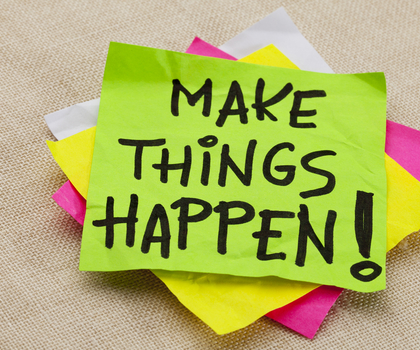The discussion about necessity of sustainability started already back in 1987, when the Brudtland Commission (1987) defined the well-known definition of sustainability: “Sustainable development is a development that meets the needs of the present without compromising the ability of future generations to meet their own needs.”. Through its vagueness, this definition enhances the complexity of the sustainable development and the tangled interrelations between different actors, different disciplines; basically different sub-systems. In general the sustainable development is the balance between environmental, social and economic development; and these developments are inter-connected concepts (Pascual et. al, 2011). Therefore in order to create 100% self-sufficiency, various aspects and viewpoints must be taken into account to reach the one overarching goal.
Texel is an island situated in the north of the Netherlands, laid on approximately 16 Ha of land area, occupied by 13.600 inhabitants spread across the island in 7 villages. The main economic activities of the island are tourism, fishing and agriculture. Due to its varied nature and landscape, Texel is a popular spot for tourists. In fact, every year the population of Texel almost doubles during holiday season due to tourism (Galeano Galvan, 2015). The Texel island is striving for 100% self-sufficiency in 2065 and this research designs pathways of how to get to that point.
Entrepreneurs are an important component of the economy, and are strongly connected with the previously mentioned economic activities of the island. Entrepreneurs are in their nature smart and hard-working people who are not afraid of taking risks and leaps into the unknown, who are not scared of taking the executive initiative. They may be described by a quote: “Entrepreneurs replace “I wish” with “I will”” (Business-beware, 2016). Thus in achieving the goal towards a 100% self-sufficient Texel, local entrepreneurs may be very potent accelerators for that to happen. That is, if they are successfully convinced to leave behind the conventional market systems and can be convinced that a greener future is a brighter future. In regard to sustainable entrepreneurship, it is important to develop models of consumption and production, that are sustainable, because of 3 main reasons (Pascual et. al, 2011):
There is a limited amount of natural resources
Exponential human population growth
Current and future generations have the right to fulfil their needs
These reasons most probably differ in different context, if zoomed in to smaller areas as for example Texel. However, as all the developments are interconnected, in creating a sustainable future one must have also the overarching perspective. Sustainability is not about the end, but about the process seeking for continuous improvement (Pascual et. al, 2011).

